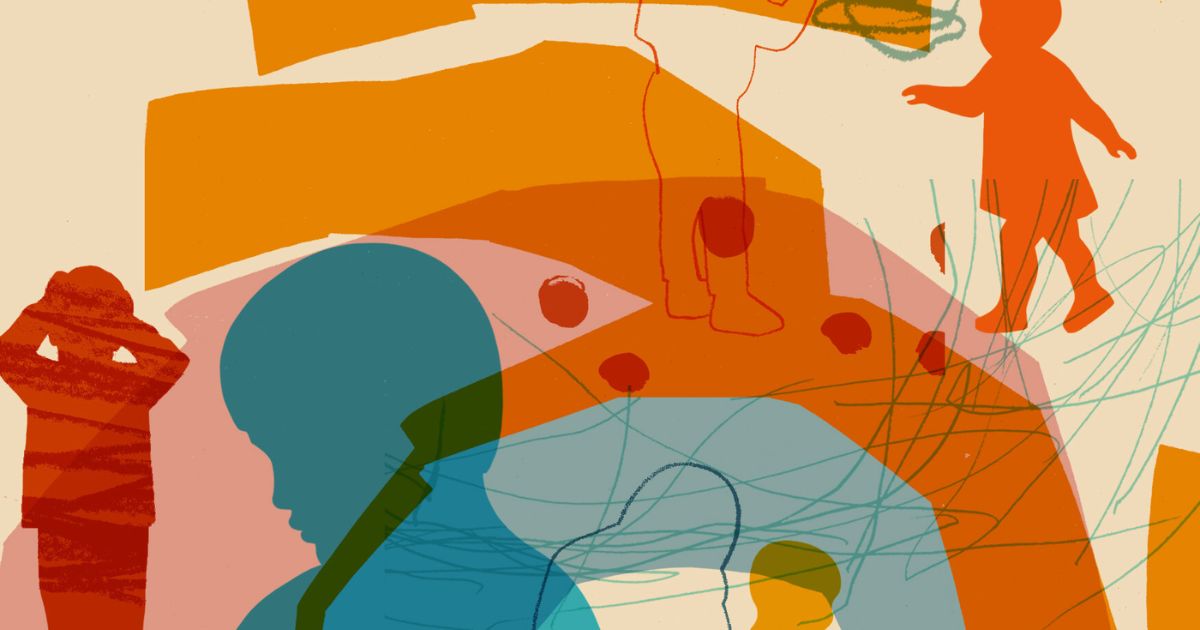Results of recent studies have shown a huge surge in kids’ anxiety and depression from the very start of the COVID-19 pandemic, with some estimates suggesting that there may be double the number of such cases.
However, it can be hard to differentiate between normal everyday concerns and anxiety that might be potentially problematic.
Dr. John Piacentini, a well-known child and adolescent psychologist affiliated with UCLA Health, strongly emphasized that “Anxiety is a completely normal and necessary emotion”.
He pointed out that anxiety is an emotion rooted in our fight-or-flight response mechanism which evolved to save us from dangerous situations.
What are some “Red Flags” for Problematic Anxiety?
The point that Dr. Piacentini makes is that kids’ anxiety is a problem only if it occurs when there is no obvious threat.
This makes fearful teenagers or grown-ups meet much excessive fear even in some positive kind of circumstances.
As a result, he may actually shun social activities and pleasurable pursuits because of the overwhelming anxiety and fear.
When Kids’ Anxiety Should be Taken Seriously
The United States Surgeon General’s report on youth mental health underscores kids’ anxiety as the leading type of psychiatric illness, which is prevalent within a range of 12% to 20%.
It may call for attention and intervention to reduce its impact, says Dr. Piacentini, when anxiety begins to affect one’s daily activities gradually, worsens in severity and increases in frequency.
Importance of early intervention & treatment
According to Dr. Piacentini, early intervention is very important in managing anxiety because starting treatment at the beginning can prevent future occurrences of serious issues such as depression, drug abuse and suicidal thoughts.
He pointed out that despite its substantial implications for mental health outcomes, there has been limited attention given to this aspect, even though it is supported by evidence-based literature and clinical expertise.
Webinar: Identifying Anxiety in Children
Dr. Piacentini supports parents and caregivers further by offering a free webinar that can be accessed through the CARES website.
This webinar is intended to help in the diagnosis and treatment of possible childhood anxiety problems.
Moreover, he poses a couple of questions which should guide parents or caregivers in evaluating whether their child has anxiety disorder.
Helping Children Cope with Anxiety
Dr. Piacentini emphasized the need for calmness in these situations and gave some tips for parents who are helping to cope with their kids’ anxiety:
- Listening Empathetically: Do not judge; step in slowly and kindly. Make the conversation open-ended and actively listen as the child expresses his or her concerns.
- Avoiding Encouragement of Negative Behavior: Insist on age-appropriate activities while avoiding fear or avoidance acts. For example, insist on school attendance despite refusal.
- Recognizing Brave Actions: Celebrate any moments when your child demonstrates bravery or exceeds fears and promote healthy behavior by reinforcing it.
- Sharing Personal Experiences: To have something in common and encourage communication about coping strategies, Dr. Piacentini suggested that parents should tell their own stories of anxiety.
- Understanding Anxiety in Youth: Insights and Strategies for Parents and Caregivers
The high rise in anxiety and depression among young people during the COVID-19 pandemic has underscored the need for better awareness and support.
Anxiety is normal, according to well-known psychologist Dr. John Piacentini as he goes into specific areas where it may be a problem.
For parents and caregivers, his insights are an anchor in the identification of anxiety disorders found in children.
In times of hard times, creating empathy comes out as one very important thing that helps children effectively manage their anxieties.
The mastery from Dr. Piacentini not only helps in recognizing the anxiety but also gives holistic and practical steps through which the children can go through their fears and keep on growing despite such difficulties.



